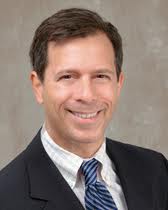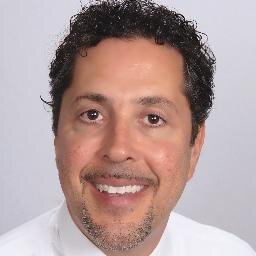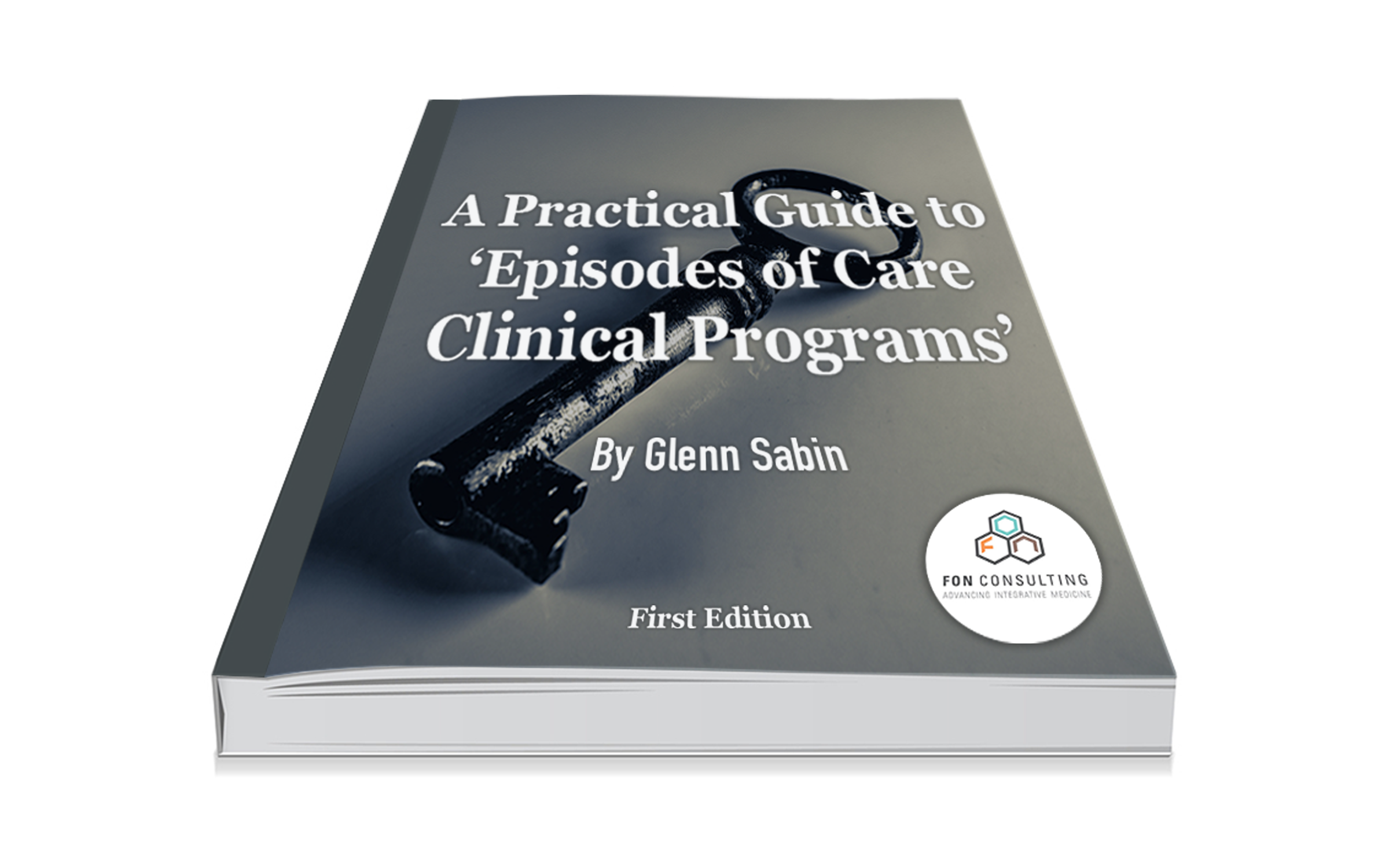The Evolution of Integrative Medicine Law and what the Future Portends

Michael H. Cohen
Attorney Michael H. Cohen, a thought leader in healthcare law, has a special affinity for and significant legal expertise in the field of integrative medicine. In his lecture (see video below) at Harvard Medical School 13 years ago, Cohen discussed the historical regulatory evolution of integrative practice, risk management strategies and key issues confronting providers at that time. I recently caught up with Cohen to get a current perspective on IM from his modern legal lens.
FON: When you aren’t managing your practice and giving lectures, you’re practicing yoga. How did you discover integrative medicine and what impact has it had on your early law career and personal health?
Michael H. Cohen: I started my legal career as a Wall Street lawyer. The demands of a nonstop professional life led me to transcendental meditation (TM)—at first largely as a way to recoup lost sleep—and thereafter, to a variety of meditation and yoga paths. From meditation I discovered energy healing and studied with Rabbi Joseph Gelberman, who pioneered an interfaith, multidisciplinary, part-time seminary program in New York, and Barbara Brennan who created the Barbara Brennan School of Healing. At first, I had these two separate lives—Wall Street securities and M&A attorney; seminarian, yogi, hypnotherapist, and energy healer. Then I moved into teaching, first in law schools and later at Harvard Medical School and Harvard School of Public Health. Academe provided a fertile background to bring together these various interests. I was able to write articles and books about the emerging field of integrative medicine and the way the law either supports or could develop to support a more integrative vision of health and human healing. In helping to pioneer this area, like so many others, I have found that good choices to promote personal health, wellness and lifestyle align my own life with my professional path.
FON: Speaking of yoga, it’s now covered by Medicare as part of the Ornish Cardiac Treatment Program. Under the new healthcare law, there is language specific to IM in the Affordable Care Act that contains a built-in anti-discrimination clause that has the potential to exponentially increase insurance coverage for integrative services like massage, acupuncture and naturopathy. IHPC (Integrated Healthcare Policy Consortium) has been lobbying hard to ensure this language sticks so these licensed providers will be fully recognized within the insurance payer system. What are your thoughts?
MHC: Third-party reimbursement is, increasingly, the key to acceptance and use of healthcare practices, so working to accommodate complementary and integrative therapies within the insurance payer system is consistent with a larger and more pluralistic view of healing.
FON: In your talk you illustrated a fraud case whereby a practitioner recommended diet changes and supplementation in lieu of the proven, effective standard of care. In this particular case a patient’s cancer metastasized and he succumbs. This field started out as “alternative medicine” 40 years ago, then CAM and now evidence-based or evidence-informed integrative medicine. Terminology is important and can sow confusion among consumers, media and even practitioners. What impact, if any, do you feel this conflation of terms has had on the policy-making process for IM?
MHC: Language reflects consciousness. In my book Future Medicine: Ethical Dilemmas, Regulatory Challenges, and Therapeutic Pathways to Health Care and Healing in Human Transformation (Univ. of Michigan Press), I write about the gradual evolution of the structure from focusing on controlling fraud—by trying to regulate away the hucksters and shady purveyors—to including a larger vision of regulation that aims to facilitate transformational and even spiritual processes, alongside physical cures.
There are legal definitions of fraud in terms of deception and deceptive intent, and uses of this terminology by some as ways to cheapen or diminish healthcare modalities outside an accepted orthodoxy. Words heal, language creates. It is now well-accepted that nutritional practices and lifestyle changes promote health, so the contrast between “proven, effective” and dietary recommendations could be a false dichotomy. Sometimes, the cases that result in judicial opinions are outliers; we have a saying that “hard cases make bad law.” The real question is how to create the highest vision of human health, and then what regulatory structure can best accommodate the tension between addressing the shadow or unsavory aspects of human nature, and accommodating the most soaring possibilities.
Part of the goal of Future Medicine was to apply Maslow’s hierarchy of needs to the regulatory system and see whether we could move up the pyramid instead of remaining in the lower echelons.
Historically, we have seen a transition from unconventional and nonconventional, to alternative, to complementary, to CAM, to integrative. With further technological advances and, many say, spiritual advances, to come—and the advent of a “singularity” that may embrace—our ideas about what it means to be whole, and our terminology, will spin forward once more.
FON: Current regulatory language divides systems into parts, practices or interventions as opposed to a whole system. You talk eloquently about functional integration, advancing human wholeness and integration transformation. The potential exposure to liability for outside referrals that you speak to in your talk seems daunting enough, but how can comprehensive IM practices that provide integrative systems under one roof protect themselves from unnecessary legal challenges—specifically medical fraud, i.e. “departing from prevailing and acceptable standards”? How has this evolved since this talk 13 years ago? And are there many IM suits going through the courts today?
MHC: Many cases get settled, and as a result, most legal claims do not make it into published judicial opinions that provide binding precedent or even written guidance. Being in practice has given me a broad platform to guide practitioners, facilities, and ventures where the law is unclear and the key is sharp analysis and thoughtful planning.
I wrote in my original book, Complementary and Alternative Medicine: Legal Boundaries and Regulatory Perspectives (Johns Hopkins Univ. Press) that the law would change when judges, legislators, mainstream medical communities, insurance companies, and other players in the health care arena experienced a consciousness shift in which the old antagonisms dropped away and a deeper understanding of the many dimensions of healthcare emerged. The growth and acceptance of integrative medicine—in hospitals affiliated with academic medical centers, in professional medical societies (such as the Society for Integrative Oncology), in clinics nationwide—has lowered the fear barrier to medical pluralism. Cross-referrals are not only common, but also institutionalized. Much of the early work was aimed at creating platforms for exchange between communities that saw themselves as polarized. Integration, synthesis, transformation, these ideas are more widely embraced today and time is hurtling us into new dimensions, outpacing our predictive capacity.
Even in the age of robots and nanotechnology, there will still be legal rules under which people must operate, but hopefully we will have better dispute resolution mechanisms than lawsuits. As my law practice principally involves corporate (transactional) and regulatory law, and less frequently, litigation, my focus is to usually rely on analysis and planning so that everyone involved in the healing process—or creating an entrepreneurial venture around health education or treatment—can coordinate their interests and the documentation can reflect a meeting of the minds.
Enjoying this article? Subscribe and get our latest, delivered straight to your inbox.
To give a concrete example of this, I have clients who are psychiatrists that only want to teach Kabbalah, or internists who only want to practice homeopathic medicine, or bariatric surgeons who want to open a medical spa. Can they disclaim primary care and have their patients sign a consent form acknowledging that the care being provided is specialized? Can doctor and patient contract for a negotiated bandwidth of services outside the conventional norm?
These approaches have not been widely tested in the courts, although they are increasingly common. Another emergent example is telemedicine: can ventures draw a line between clinical practice on one hand, and information/education on the other? Therapeutic work is increasingly moving beyond bricks-and-mortar and into the online cloud. Legal concerns remain, but as the environment changes, the original questions (such as liability for a referral) diminish in importance, and new questions arise, such as how to contractually define the obligations of each party so that the venture succeeds.
FON: You’ve been in this field for many years and have seen lots of challenges, evolution and widening acceptance from the mainstream medicine establishment. What have been the high points and what’s on the horizon that excites you today?
MHC: One of the most important developments was the advent of medical freedom acts. There are two kinds. One is the statute that says that physicians cannot be disciplined by their medical board solely because they have included complementary and alternative medical therapies in their practice. This kind of concept is included in model guidelines on complementary and alternative medicine promulgated by the Federation of State Medical Boards. The other kind of medical freedom act says that practitioners of the healing arts who are not licensed can offer services, provided that they make certain disclosures, provide informed consent, and do not engage in medical diagnosis or provide medical treatments. These statutes enhance medical pluralism and remove much of the regulatory sting that used to accompany deviations from a strictly orthodox medical model.
Another exciting development is the flourishing of consciousness in many forms, not all of which are part of the formal healthcare system. For example, my own personal practice these days includes a lot of kirtan or chanting sacred sounds. This is very healing to me on many levels, and allows me to access beautiful inner spaces in which I can connect with universal intelligence and experiences of bliss. It is both physical and non-physical.
In Healing at the Borderland of Medicine and Religion (Univ. of North Carolina Press) I had written about the union of the physical and the metaphysical, and various forms of integration of science and spirit. We know that sound and light can heal via various technologies, but these are also metaphors, and operate at higher levels. The observer inevitably changes what is observed. The heart breathes. Mystery remains.
Because of darkness associated with religion and religious coercion, there used to be a taboo against physicians mentioning spirituality to their patients. Now, however, it is more widely accepted that spirituality, matters, so to speak. Intention counts. Healers and caregivers can “send energy.” There are many forms of medicine, and many ways of knowing. Synthesis, integration, transformation and pluralism exist and occur whether named or as silent companions on the journey. And legal norms can support this cultural, psychological, and spiritual transformation.
Technological change is accelerating—even the rate of acceleration is accelerating. Consciousness evolves. New paradigms no longer shift by accretion—they suddenly appear and reconfigure reality, rendering old maps instantly obsolete. We are privileged to be here at this time, and to contribute to knowledge and caring in unique ways we could not have imagined when we started.
About FON
FON is a leading integrative health and medicine business development and strategy consulting firm. FON specializes in custom solutions for growing patient volume, developing programs, and increasing product sales. Our practical business models are driven by innovative marketing, clear messaging, and customer engagement via branded storytelling.
Contact us today to schedule a complimentary 30-minute consultation to discuss your business development or personal brand needs.

Read Glenn’s story.





















